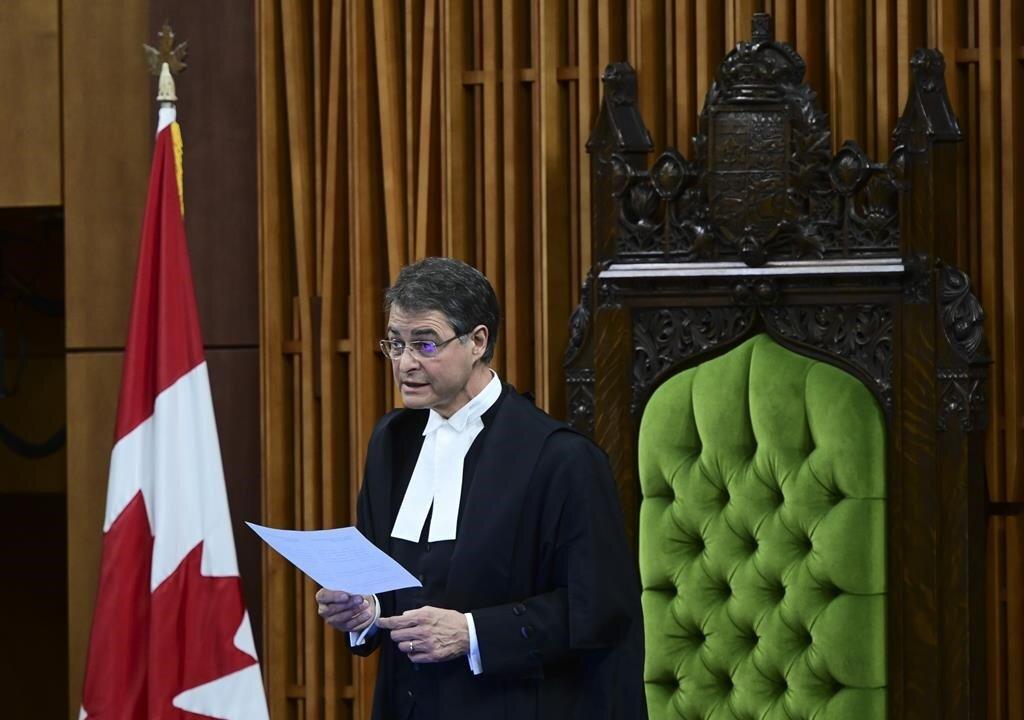OTTAWA—Anthony Rota didn’t relish being the first Speaker in more than a century to publicly rebuke a veteran civil servant for doing what he believed was his legally required duty.
But as Speaker of the House of Commons, it fell to Rota to do the bidding of the combined opposition parties last June after they joined forces to order the president of the Public Health Agency of Canada to be hauled before the bar of the House.





